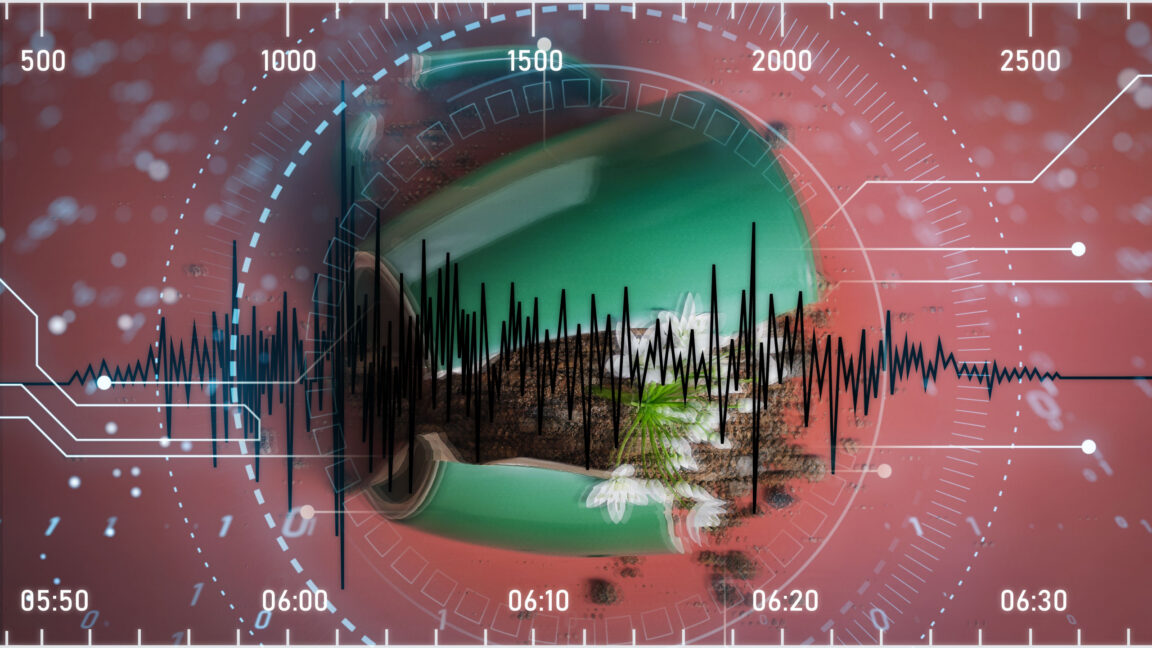Winter Air Pollution Induced Heart Attack Preventive Measures: Know how winter air pollution increases heart attack risks – 5 critical warning signs of a weak heart you should never ignore.

Winter is a wonderful time of year, but it also has its own health conditions.Air pollution has been a looming danger that many people are unaware of.Although we only think of respiratory issues caused by pollution such as cough or asthma, it can equally be a major contributor to heart conditions.Research has demonstrated that breathing in winter air can cause heart attacks particularly in individuals who have a weak heart.Early warning systems can help save a life. Here are the five signs that indicate your heart may be struggling.
5 Warning Signs Your Heart Is Too Weak
Are you at risk of suffering a heart attack? Here are the top 5 most common warning signs of a weak heart that you should never ignore:
Chest Discomfort or Pain
The best-known symptom of a heart attack is probably chest discomfort. This does not always come from acute pain. A lot of the population experiences pain or tightness in the chest or a squeezing sensation. Inhaling contaminated air can put a load on the heart during winter as the pollutants, i.e., fine particulate matter (PM2.5) get into the bloodstream and inflame blood vessels. Should you be experiencing continuous or recurrent chest pains particularly after a walk in smoggy environments, you need not turn a blind eye.
Shortness of Breath
Winter pollution can negatively impact the cardiac performance of the heart. In case you have a weak heart, it finds it difficult to pump the blood well resulting in less oxygen being allotted to the body. Shortness of breath, even with easy tasks like walking around a house or climbing stairs, is one of the initial signs. When you suddenly find yourself breathless, or when your breathlessness is getting worse, especially on days with air pollution, this may be a sign that your heart is stressed and it requires urgent treatment.
Unusual Fatigue
It is normal to get tired now and then but when the fatigue is extreme or sudden, it may be a warning sign. Once air pollution strikes the heart in winter, your heart must labour hard to pump blood rich in oxygen to your tissues. This additional work may make you stay oddly tired, fatigued or fuzzy in the head. When daily routine is a tiring affair, it is prudent to assess your heart condition and reduce the rate of being subjected to the polluted environment.
Irregular Heartbeat
Palpitations or irregular heartbeat are an indication that your heart is not doing well. Winter pollution may cause inflammation and oxidative stress in the heart and the onset of arrhythmias (abnormal heart rhythms). Your heart may be pounding, jumping or fluttering randomly. Occasional palpitations may not be harmful but frequent or severe cases (when other symptoms co-exist) should be examined immediately by a doctor.
Swelling in Legs, Ankles, or Feet
Pitting of the lower extremities is usually ignored but can be considered a sign of there being fluid retention as a result of a weak heart. When the heart is not effective in pumping blood, the available fluid fills tissues leading to oedema (swelling). This condition can be aggravated by cold weather and pollution as this causes extra pressure on the cardiovascular system. A swell or bloat with or without fatigue or breathlessness is an indication that your heart may need a professional evaluation.
Winter Air Pollutiob Induced Heart Attack Prevention Tips
Raising awareness begins to prevent heart problems caused by winter pollution. Monitor air quality indexes in your region, and do not engage in any outside activities when the air quality is poor. Indoors, use purifiers that filter air, eat healthily with a lot of fruits, veggies and omega-3 fatty acids and keep active in a way that avoids too much exposure to smog. Routine health examinations particularly of individuals with underlying heart diseases are critical.
FAQs
How can I protect my heart in cold weather?
Who is most at risk during winter?
What are the early signs of a weak heart?
How does winter air pollution affect heart health?
Subscribe to Our Newsletter Today!








Leave a Reply